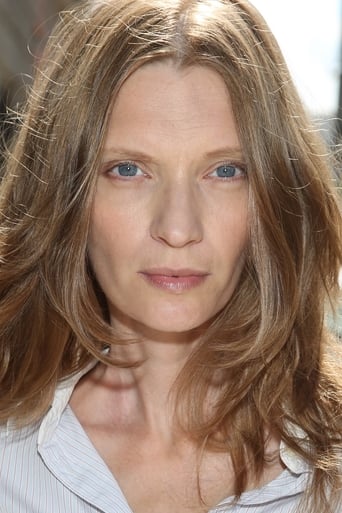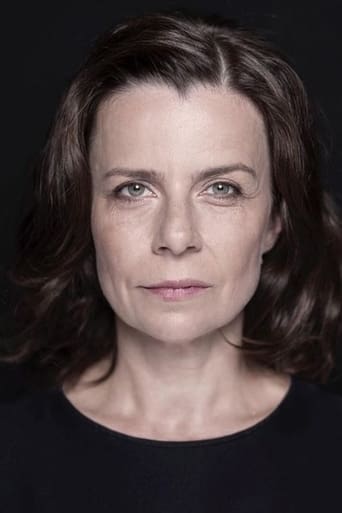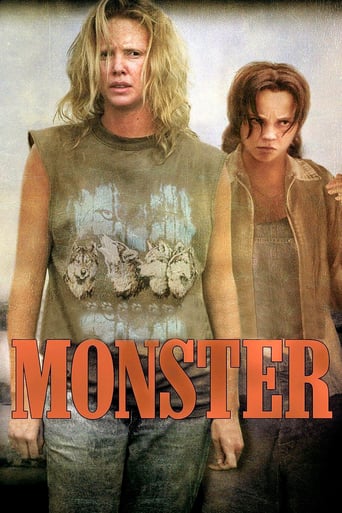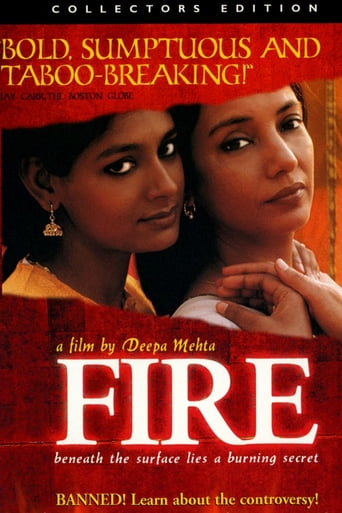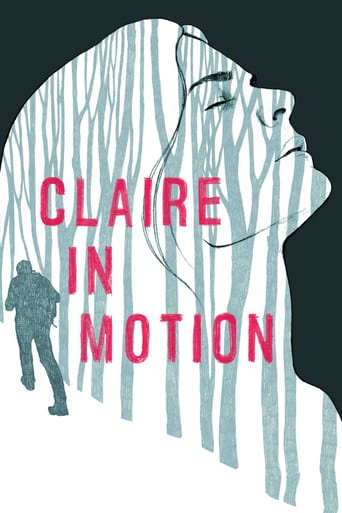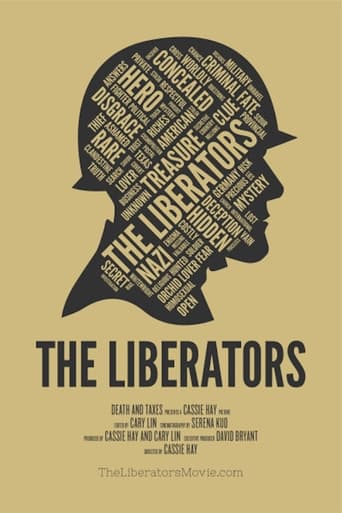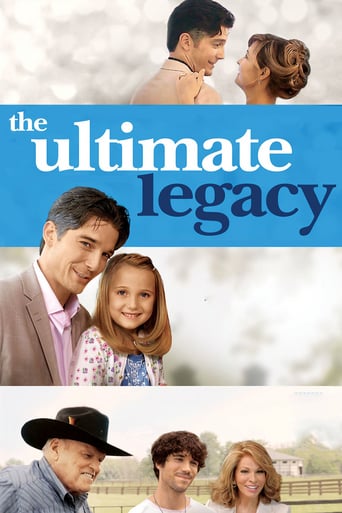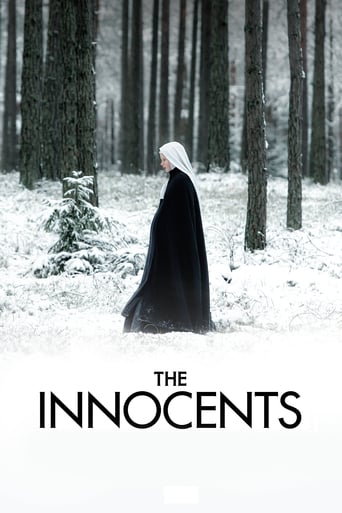

The Innocents (2016)
Poland, 1945. Mathilde, a young French Red Cross doctor, is on a mission to help the war survivors. When a nun seeks for her help, she is brought to a convent where several pregnant sisters are hiding, unable to reconcile their faith with their pregnancy. Mathilde becomes their only hope.
Watch Trailer
Cast


Similar titles
Reviews
One of the best movies of the year 2016, IMHO!!! Didn't get a lot of mention at Awards time, but certainly as important as a political comment on a true story as, say, Spotlight. The Russians have gotten an easy pass in the movie business, compared to the likes of Nazi Germany and Racist United States which have been turned every way but loose as far as getting raked over the coals by cinema.This quiet little story of Russian soldiers raping Polish nuns balances that trend in movies. Set after the war in 1945 as the Russians take over Poland, but the French Red Cross is still there, it's a reminder that there are always a few good people in the midst of the thugs. May the young French actress Lou de Laage have a long and happy career. She certainly has a good start here.Besides excellent acting and story telling, maybe it's the filming and mood created by this movie that makes it so good. You would think it painful to watch considering the subject, but it's not. Great shots of snowy, muddy roads and rambling old trucks offset by warm glow of music in a candle lit bar. Then the nuns, in a bleak cold stone refuge, yet in spite of their hardship, they are full of heart and life.
With seventeen writing and sixteen directing credits on her CV it's fair to say that Anne Fontaine has paid her dues and knows how films are put together; I've seen and enjoyed perhaps a dozen of these but I have no hesitation in saying that The Innocents surpasses anything she has done by a country mile; all I can say is that this is Fontaine's Citizen Kane and in my book that's another way of saying the best there is. It's one of an increasing number of films set in and/or either side of World War Two based on actual incidents, Katyn is another, for example, but it would be wrong to assume that this was sufficient to guarantee success. For that we have to look to the creative term or, to put it another way you can deliver a ton of Carera marble to a sculptor but it's up to the sculptor to fashion it into something outstanding or something mediocre. Fontaine, given her marble and enlisting the aid of three outstanding actresses - Lou de Laage, Agata Buzek and Agata Kulesza - fashioned it into a masterpiece. The plot has been described else where: 1945, Poland. Lou de Laage is working with the French Red Cross. A nun solicits her help, she turns her away. A little later she sees the same nun, on her knees in the snow praying desperately for heavenly intervention. Breaking the rules of her contract she 'borrows' an ambulance and accompanies the nun to the convent where she finds a woman about to give birth. The Abbess, Agata Lulesza, explains that they have taken the girl in out of pity but rejects any help. Another nun, Agata Buzek, speaks French and persuades the Abbess to accept the help of the French doctor. So begins a bonding between the French doctor and the Polish nun. The first revelation is that Russian soldiers visited the convent three times leaving seven nuns pregnant. Later the doctor discovers the Abbess has syphilis. There is, if possible, a final revelation even more horrific than the en masse raping of seven nuns. Shot in colour but muted to resemble black and white, in a bleak Polish winter with virtually no music Fontaine holds the attention effortlessly and has surely coaxed Award winning performances out of the three leads or else there is no justice in the world yet every single performance is A +. The highest praise is not good enough for this film.
First thing I thought when I watch the movie was this: When your lose faith in the world, what can you do? what you can keep in your life before? That is the question the characters asked and tried to find the answer during the movie.Mathilde Beaulieu (Lou de Laâge) just drop in the nunnery's life during the war, and find dreadful secret between the walls. She assisted the nuns to get them-self the horrible events in the past months. The movie presented women destiny in war circumstances. We see a doctor how to help people and tried to keep his profession, also we see women whose attempted to keep their faith, pureness and solemn promise to god. Two world to see in the movie, two different space and life. The first is the outside world we inlook a the Red Cross life in the eyes of a woman who work there. The other is the nunnery's world. This is a different lives, it closed full with rules. The events the happened in the past to query this. Women therein space struggle between two unalike thought. What can they do? To keep their faith before or give up and find another? Someone give up and live this life, some stay and keep going the old way. If you want to see women destiny and strong women characters you have to see this movie. In this movie have wonderful women characters.
This is a movie that doesn't fight the delicate situation at hand and the beliefs that have been instilled, but works with it, allowing for human nature to take its course and lead down a path with a powerful and positive outcome. It is a wonderful movie, that turns the bleak events of the past, the trial and tribulations that had to be endured, only to see light at the end of the tunnel. The performance/acting is excellent, the pace is what you would expect, and keeps you totally focused on the events of the movie. It's sad to see what war does and the entitlements that man feels he should take. A movie, that is sad, with elements that may upset some, but these are true to events and well worth the watch.



